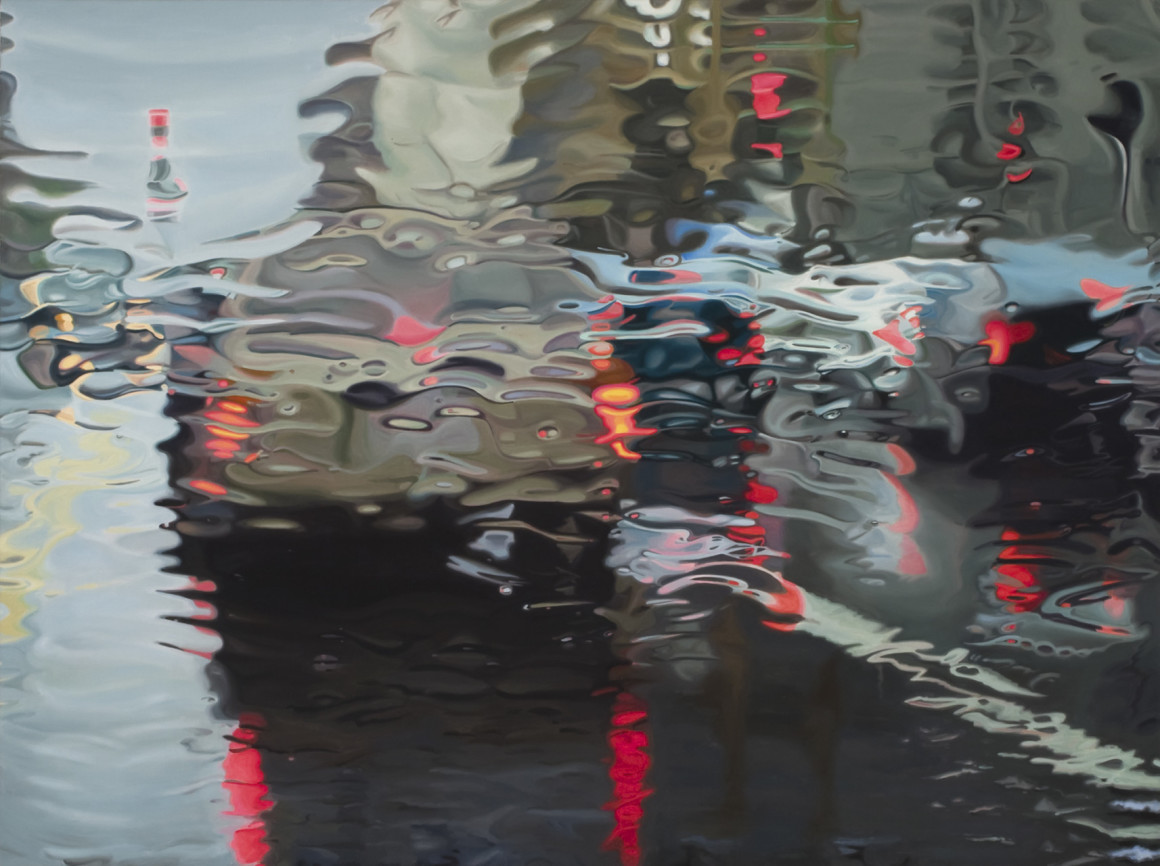
Ever Increasing Fluidity: Gender, Race, Identity and Identity Politics
 “I agree there are differences between race and gender. The differences have to do precisely with the unique forms of oppression that have been constellated in relation to each historically. I’m less convinced by attempts to draw lines separating “culture” from “nature.” It’s misleading to simply say that gender is learned (and so contingent) and race is inherited (and so determined). Both are contingent depending on the scale. Such nature/culture divisions lead to the confused self-contradictions of identity politics, where what is “essential” and what “acquired” in any behavior or belief shifts back and forth between biological fact and social dynamic depending on what is more ideologically expedient in the moment. I see both race and gender as “socially constructed,” but (as a good Whiteheadian) I also see human bodies (pheno- and genotype) as socially constructed. Yes, the “societies” doing the constructing are differently scaled in each case. AND there are links between how societies of humans self-construct and the way the cells making up the bodies of said humans are then able to construct themselves. The bodies that can’t afford organic non-GMO food and have to eat Big Macs for dinner, for example, are re-structured on the cellular level, becoming diabetic, cancer prone, and overweight. I’m definitely not in favor of color blindness, as if we were all one race, all really the same “inside” under our skin. We are each once-occurrent and entirely unique differential repetitions of the Infinite. We are not all the same. Racial categories are way too blunt an instrument to classify our individual differences. I’m just trying to move away from substance/identity thinking into process-relational thinking-feeling. Looking at the natural-cultural history of earth, at the way organic natural systems make evolutionary advances primarily via symbiogenesis (even when at first violent and even deliberately oppressive), I have hope that our present human difficulties will find resolution through ever-increasing fluidity of identity, rather than through its fortification. It is important to note that this fluidity is not that which leads inescapably to the One Ocean; rather, it is a continuously branching fluidity, a creatively differentiating fractal.”
“I agree there are differences between race and gender. The differences have to do precisely with the unique forms of oppression that have been constellated in relation to each historically. I’m less convinced by attempts to draw lines separating “culture” from “nature.” It’s misleading to simply say that gender is learned (and so contingent) and race is inherited (and so determined). Both are contingent depending on the scale. Such nature/culture divisions lead to the confused self-contradictions of identity politics, where what is “essential” and what “acquired” in any behavior or belief shifts back and forth between biological fact and social dynamic depending on what is more ideologically expedient in the moment. I see both race and gender as “socially constructed,” but (as a good Whiteheadian) I also see human bodies (pheno- and genotype) as socially constructed. Yes, the “societies” doing the constructing are differently scaled in each case. AND there are links between how societies of humans self-construct and the way the cells making up the bodies of said humans are then able to construct themselves. The bodies that can’t afford organic non-GMO food and have to eat Big Macs for dinner, for example, are re-structured on the cellular level, becoming diabetic, cancer prone, and overweight. I’m definitely not in favor of color blindness, as if we were all one race, all really the same “inside” under our skin. We are each once-occurrent and entirely unique differential repetitions of the Infinite. We are not all the same. Racial categories are way too blunt an instrument to classify our individual differences. I’m just trying to move away from substance/identity thinking into process-relational thinking-feeling. Looking at the natural-cultural history of earth, at the way organic natural systems make evolutionary advances primarily via symbiogenesis (even when at first violent and even deliberately oppressive), I have hope that our present human difficulties will find resolution through ever-increasing fluidity of identity, rather than through its fortification. It is important to note that this fluidity is not that which leads inescapably to the One Ocean; rather, it is a continuously branching fluidity, a creatively differentiating fractal.”
The above quote comes from process philosopher, Matt Segall. Matt was responding to a comment on a Facebook thread, the topic of which was race, gender, identity and identity politics.
I love Matt’s prose here, AND the process-relational perspective he brings to this issue. Most of all, I like his optimistic perspective that “our present human difficulties will find resolution through ever-increasing fluidity of identity, rather than through its fortification.”
Matt’s remark about fluidity of identity makes me think of Queer Theory, and an article I read in Aeon Magazine a while back which speculatively asks: In 2115, when our descendants look back at our society, what will they condemn as our greatest moral failing? The first line of the article reads: “In 100 years it will not be acceptable to use genderised words such as ‘he’ or ‘she’, which are loaded with centuries of prejudice and reduce a spectrum of greys to black and white.”
I’m inclined to agree with Matt, the two Aeon writers, and most Queer theorists here; fluidity not fortification.
…
Image above by Gergory Thielker
0 Comments